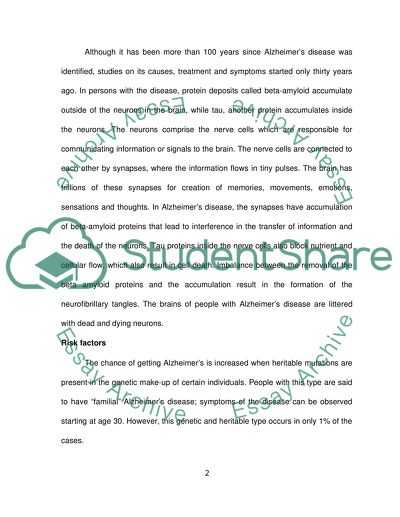Cite this document
(“Alzheimer's Disease, a Family Trait Research Paper”, n.d.)
Retrieved from https://studentshare.org/family-consumer-science/1414132-alzheimer-s-disease-a-family-trait
Retrieved from https://studentshare.org/family-consumer-science/1414132-alzheimer-s-disease-a-family-trait
(Alzheimer'S Disease, a Family Trait Research Paper)
https://studentshare.org/family-consumer-science/1414132-alzheimer-s-disease-a-family-trait.
https://studentshare.org/family-consumer-science/1414132-alzheimer-s-disease-a-family-trait.
“Alzheimer'S Disease, a Family Trait Research Paper”, n.d. https://studentshare.org/family-consumer-science/1414132-alzheimer-s-disease-a-family-trait.


